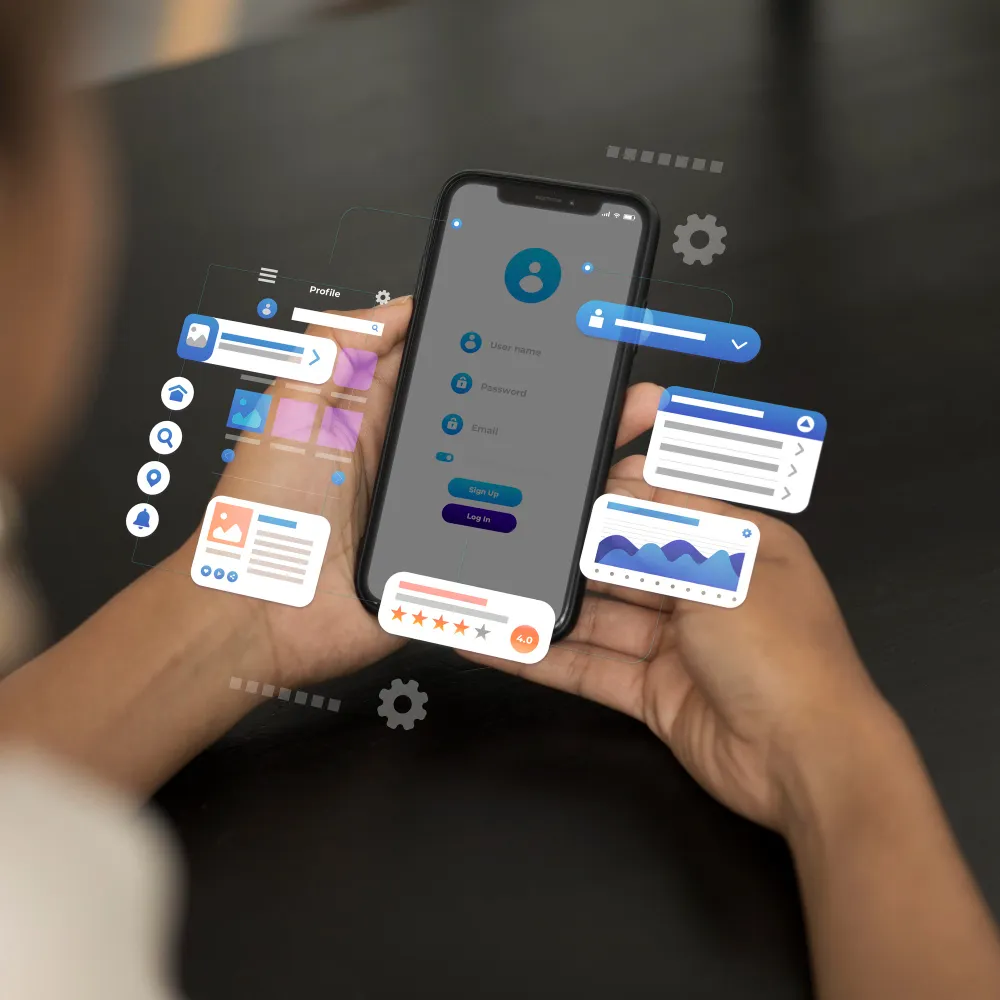In today’s hyper-connected world, businesses are constantly seeking ways to streamline operations, personalize customer experiences, and ultimately, drive revenue. The convergence of marketing automation and artificial intelligence (AI) has opened up a new frontier, and at the heart of this revolution lies a powerful tool: the chatbot.
Chatbots are more than just trendy pop-up windows. They’re the intelligent, conversational interface that bridges the gap between sophisticated marketing automation systems and the individual customer, transforming automated processes into engaging and personalized interactions. Here’s why chatbots are a crucial component for strategically leveraging marketing automation and AI:
1. Amplifying Personalization at Scale:
Marketing automation thrives on segmentation and targeted messaging. By integrating AI-powered chatbots, businesses can take personalization to the next level. Chatbots can:
Gather real-time data: Through natural language conversations, chatbots can collect valuable information about customer preferences, needs, and pain points.
Trigger personalized workflows: Based on the gathered data, chatbots can automatically trigger relevant marketing automation workflows, delivering tailored content, offers, and support.
Segment customers dynamically: Chatbots can continuously refine customer segmentation based on ongoing interactions, ensuring that marketing efforts remain relevant and effective.
Imagine a customer visiting your website. A chatbot greets them, asks about their interests, and, based on their responses, automatically adds them to a specific email nurture sequence focused on those interests. This is personalization powered by AI and orchestrated by marketing automation – and it all starts with the chatbot.
2. Supercharging Lead Generation and Qualification:
Lead generation is the lifeblood of any business. Chatbots act as tireless lead generation machines, working 24/7 to identify and qualify potential customers. They can:
Engage website visitors: Proactively initiate conversations with visitors, offering assistance and guiding them through the sales funnel.
Collect lead information: Capture contact details and qualifying data through interactive forms and conversational interactions.
Qualify leads intelligently: Utilize AI to analyze conversation data and identify high-potential leads based on pre-defined criteria.
Seamlessly transfer leads to sales: Hand off qualified leads to sales representatives, providing them with valuable context and conversation history.
By automating the initial stages of the lead generation process, chatbots free up sales teams to focus on nurturing and closing deals.
3. Elevating Customer Service and Support:
Customer satisfaction is paramount for long-term success. Chatbots provide instant, personalized support, improving customer experience and driving loyalty. They can:
Answer frequently asked questions: Provide quick and accurate answers to common customer inquiries, reducing the workload on human support agents.
Troubleshoot issues: Guide customers through troubleshooting processes, resolving problems efficiently.
Offer product recommendations: Suggest relevant products or services based on customer needs and preferences.
Escalate complex issues: Seamlessly transfer customers to human agents when necessary, ensuring that complex issues are handled with care.
This improved responsiveness and personalized support leads to happier customers, increased retention rates, and positive word-of-mouth marketing.
4. Driving Deeper Insights and Optimization:
Chatbots are a treasure trove of customer data. By analyzing chatbot conversations, businesses can gain valuable insights into:
Customer behavior: Understand how customers interact with their website, products, and services.
Pain points: Identify common customer frustrations and areas for improvement.
Content preferences: Discover what types of content resonate most with their audience.
This data can then be used to refine marketing strategies, improve product development, and optimize the overall customer experience. AI-powered sentiment analysis can even uncover the underlying emotions driving customer interactions, providing a deeper understanding of their motivations.
In Conclusion:
Chatbots are no longer just a nice-to-have; they’re a strategic imperative for businesses seeking to maximize the impact of their marketing automation and AI investments. By automating tasks, personalizing interactions, and providing valuable insights, chatbots empower businesses to engage customers more effectively, generate more leads, and drive sustainable growth. When integrated strategically, chatbots can transform marketing automation from a powerful engine into a finely-tuned, customer-centric machine. The future of marketing is conversational, and chatbots are leading the charge.

